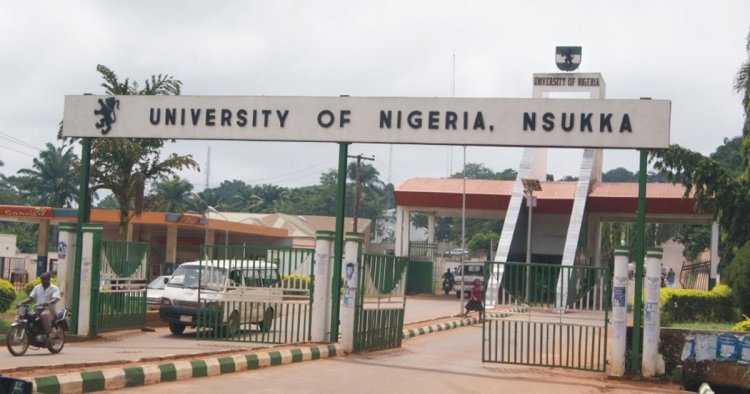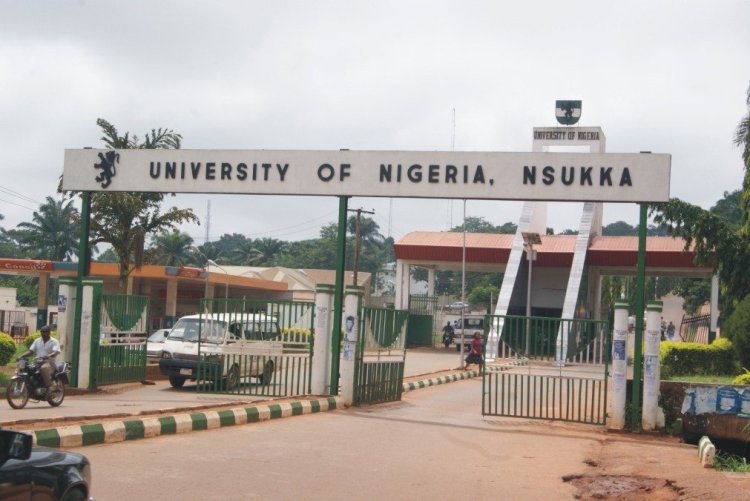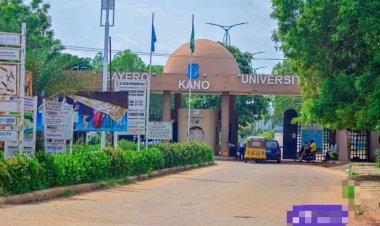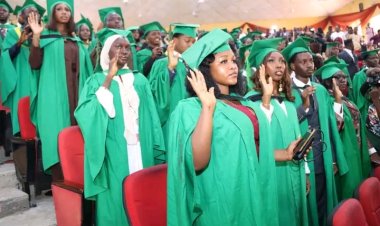3 Professors, 2 Academic Staff Drag UNN to Court Over Board Removal
Three professors and two academic staff members initiate legal action against UNN, alleging wrongful removal from governing board.

In a significant legal development, three professors and two additional academic staff members from the University of Nigeria Nsukka (UNN) have jointly filed a lawsuit against the university's administration. The lawsuit, lodged at the Federal High Court in Enugu under the case reference FHC/E/CS/97 2024, challenges the premature removal of these esteemed individuals from the university's Governing Board.
The plaintiffs, represented by their legal counsel Chidioke Ezeh, contend that their four-year tenures as internal members of the Governing Board were unlawfully terminated following the dissolution and subsequent reconstitution of the board. They argue that, as duly elected representatives, they should have been allowed to serve out their full terms.
READ: UNN Celebrates Inauguration of German-Funded Solar Power Projects
The lawsuit targets key figures within UNN's administrative structure, including the university's Governing Council, the Senate, the Vice-Chancellor, and the Pro-Chancellor. The plaintiffs assert that their removal from the Governing Board violates established procedures and principles of academic governance.

Of particular note is the plaintiffs' accusation against the Vice-Chancellor, whom they allege of being uncooperative and possibly influenced by the impending conclusion of his own tenure in June 2024. Despite engaging with the Vice-Chancellor on multiple occasions, the plaintiffs claim he has remained obstinate in his stance, citing a now-rescinded federal government directive as justification for his actions.
FOLLOW: UNN, UNEC, IMT, and ESUT Unite for Enugu Biggest Campus Tour Ever
This legal challenge carries significant implications for UNN's governance practices and the protection of academic tenure within Nigerian universities. As the case unfolds, stakeholders within the academic community eagerly await the court's ruling, which could set precedents for future disputes concerning university governance and academic appointments.
Updates on this developing story will be provided as new information emerges.

 Mary Nwaeze
Mary Nwaeze 



